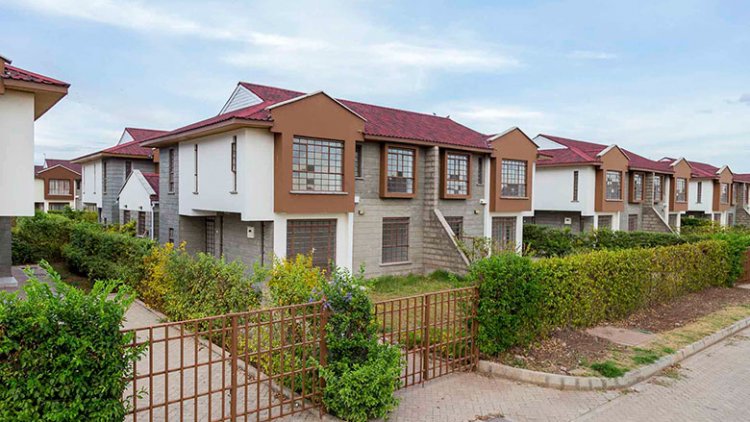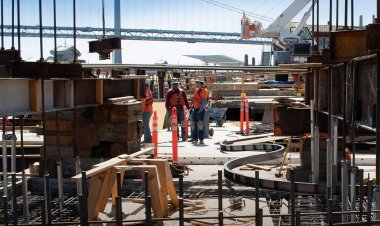Influence of Urbanization on Real Estate Development in Kenya
Urbanization has had a profound influence on real estate development in Kenya, shaping the dynamics of the housing, commercial, and infrastructure sectors.

Urbanization, the process by which people move from rural to urban areas, has had a profound impact on real estate development in Kenya. As the country's urban population continues to grow, driven by factors such as rural-urban migration, natural population increase, and economic opportunities in urban centers, the demand for housing and infrastructure has surged.
One of the most significant effects of urbanization on real estate development in Kenya is the skyrocketing demand for housing. Rapid urbanization has led to a shortage of affordable housing in major cities such as Nairobi, Mombasa, and Kisumu. This has resulted in the proliferation of informal settlements, or slums, characterized by overcrowding, inadequate infrastructure, and poor living conditions. In response to this demand, real estate developers have increasingly focused on constructing high-rise apartment buildings, gated communities, and affordable housing units to cater to different income segments of the urban population.
Infrastructure development is another crucial aspect influenced by urbanization in Kenya. As cities expand to accommodate growing populations, there is a need for improved transportation networks, utilities, and social amenities. Real estate developers often collaborate with government agencies to invest in infrastructure projects such as roads, water supply systems, sewage networks, and electricity grids to support urban growth and enhance the livability of urban areas. These investments not only facilitate real estate development but also contribute to economic growth and social development.
Furthermore, urbanization has led to the emergence of new real estate investment opportunities in Kenya. With the rise of urbanization, there has been an increasing demand for mixed-use developments that integrate residential, commercial, and recreational spaces within the same vicinity. Real estate investors are capitalizing on this trend by investing in mixed-use projects that offer convenience, accessibility, and a vibrant urban lifestyle. Additionally, the growing popularity of real estate investment trusts (REITs) has provided investors with alternative avenues to participate in the real estate market, further driving the expansion of the sector.
In conclusion, urbanization has had a profound influence on real estate development in Kenya, shaping the dynamics of the housing, commercial, and infrastructure sectors. As the country continues to urbanize, policymakers, urban planners, and real estate stakeholders must work together to address the challenges associated with rapid urban growth, including housing affordability, infrastructure deficits, and social inequality. By leveraging the opportunities presented by urbanization, Kenya can unlock the full potential of its real estate sector to drive sustainable economic development and improve the quality of life for its urban residents.
If you have a real estate press release or any other information that you would like featured on the African Real Estate Blog Post, do reach out to us via email at [email protected]

 Joan Achieng
Joan Achieng 































